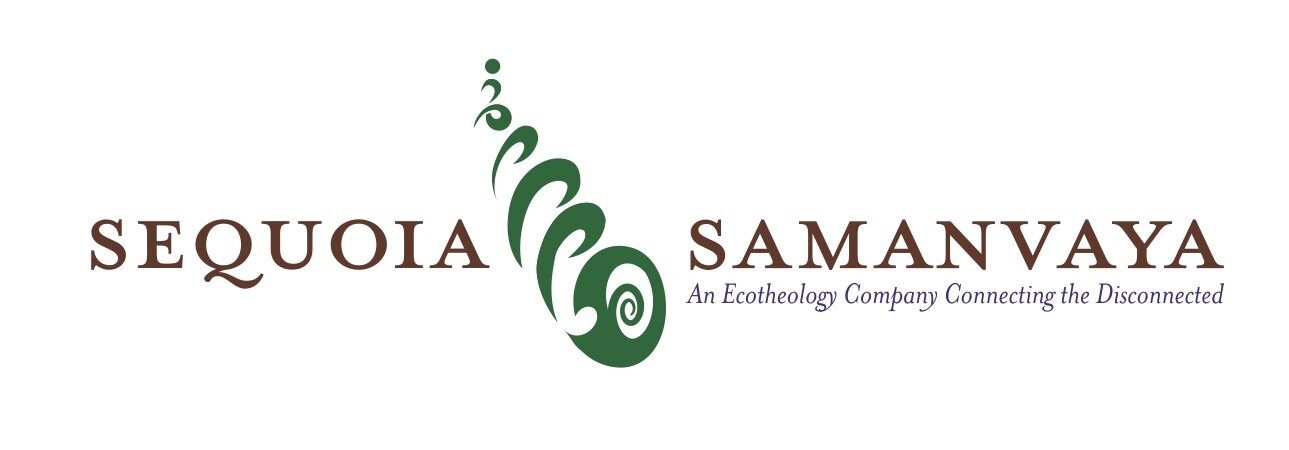
ReMembering the Origins of Democracy
a 4 week course
What happens when you change the origins of a story?
Origin Stories are part of what creates cosmovisions.
Our cosmovisions help to create who we are, and they also create our world.
But don’t get fooled by the abstraction of concepts (such as cosmovisions) … for we are talking about something very concrete, very real, and very practical.
And something that, in the midst of an election year that is tearing America apart, is really needed.
A different way of thinking about, and originating, and re-membering, democracy.
This course takes you deeper. Practical as well as artistic exercises interlace with readings about the founding of America, creating a multi-sensory, multi-dimensional, and rich space to help you re-orient yourself around some of the most important origin stories we can tell.
We deepen into potential meanings and implications.
We deepen into our relationship to land and waters.
Shifting perspectives shifts everything.
We need this.
Our country needs this.
Our world needs this.
To engage deeply with a different origin story of democracy.
4 online sessions over 4 weeks.

In 1787, during the Philadelphia Convention, Morris says of the Indian “liberty and life... They possess both in the savage state in the highest perfection.”
Montaigne had deep respect for the American Indian (both North and South America) and admits taht the ‘greater virtue of the Indians ultimately brought about their destruction at the hands of the far less virtuous Europeans.” (88)
Benjamin Franklin learned a lot from different Indian nations. He brought the value of “courtesy” into American forms of government/discourse – regarding the speech of a political opponent politely (as opposed to the British Parliament. (104)
The Founding Fathers (such as Jefferson, Adams, Madison) all had long and substantial engagements with Indians.
David Jones wrote in 1772 that American Indians believed that “God made them free- that no man has the right to rule over another.” John Long said, “The Iroquois laugh when you talk to them about obedience to kings because they cannot reconcile the idea of submission with the dignity of man.” (235)
—Excerpts from, Exiled in the Land of the Free, Chief Oren Lyons and John Mohawk

4 sessions over 4 weeks
Session 1 - July 11
Session 2 - July 18
Session 3 - July 25
Session 4 - August 1
90 minutes - 12 pm to 1:30 pm ET
Why are are we offering a short course was well as our July 4 webinar?
Because, as one of last year's participants in the webinar said, this information is so critical, and can change so much, that we need to slow down with it. We need to go through processes where we can somatically re-member these histories and then find out what the implications are, and that's not something you can do fast. This is related to our course, What Lies Beneath, but it is much more focused on democracy and the 1700s, than it is the introduction of the Haudenosaunnee cosmovision. (So if you have taken the What Lies Beneath Class you can still get a lot out of this class). This is a space of inquiry and (thus) a creative space and a collaborative space, where your bodies and your relationship to the land you are on right now is part of the equation. We go deeper into history, deeper into historical facts, and deeper into art and land. And, at four weeks, it is still a short course. Still. It's long enough. For something to shift, and for that shift to be supported. 'Cuz this is not just about information.

